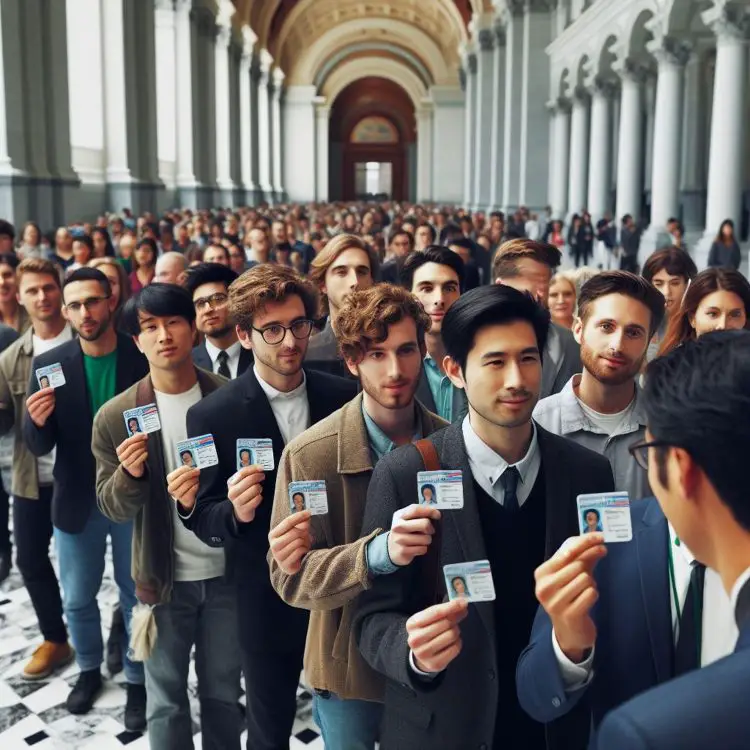In California, there’s a buzz about a proposed law called SB 1228. This bill, brought forward by State Senator Steve Padilla, aims to change how social media works, especially for people who have a big influence online. But what does it really mean?
Well, at its core, SB 1228 wants social media platforms to make sure they know who influential users are. These are people whose posts have been seen by a lot of others. The bill says that these users have to prove who they are by giving their name, phone number, and email address. If someone is considered highly influential, they even have to show government ID.
Understanding California’s anonymity bill
The idea behind the bill sounds good at first – it’s meant to stop fake news and misinformation, especially during elections. But here’s the problem: it goes against something really important called the First Amendment. This is a part of the US Constitution that protects people’s right to speak their minds, even if they want to stay anonymous.
 SB 1228 doesn’t just stop at people. It also targets AI-generated content – basically, content made by computer programs instead of humans. The bill says if someone posts a lot of this kind of content, they also have to prove who they are.
SB 1228 doesn’t just stop at people. It also targets AI-generated content – basically, content made by computer programs instead of humans. The bill says if someone posts a lot of this kind of content, they also have to prove who they are.
But there are some big issues with this bill. For starters, it’s not clear how social media platforms would track who’s influential and who’s not. And what about people’s privacy? Many users don’t want to give out their personal information online. Plus, there’s the question of how accurate these platforms’ tools are in identifying AI-generated content.
Overall, SB 1228 raises important questions about how we balance free speech and safety online. While it’s important to tackle misinformation, we can’t forget the rights and privacy of individuals. As the debate continues, it’s crucial for lawmakers to find a solution that protects both our online freedoms and our security.
All images are generated by Eray Eliaçık/Bing





